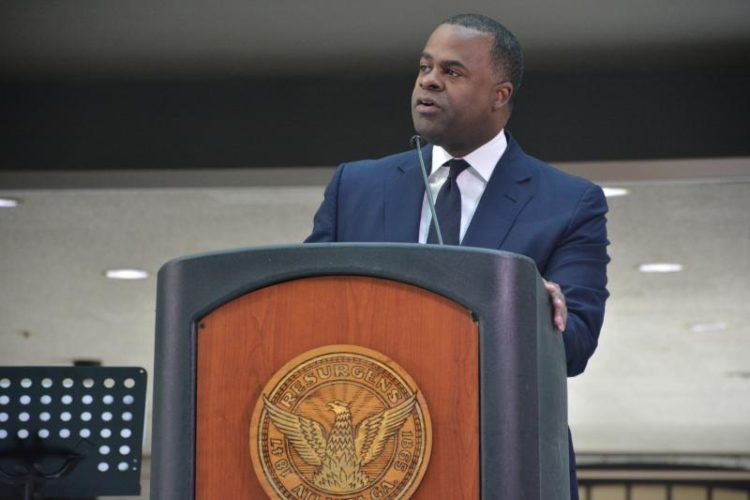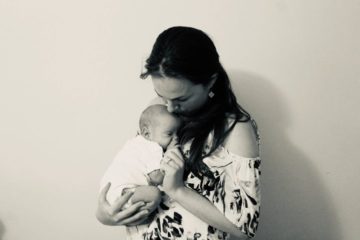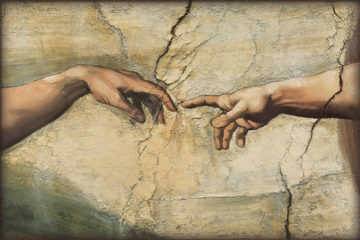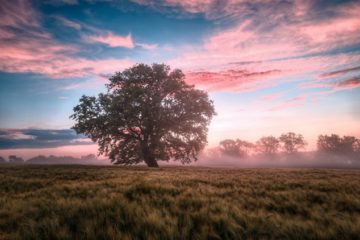Black Power And Little Micah

I was stunned when I first heard it some years ago, but in a number of variations, I hear it far more frequently these days – “Black people don’t have power.”
It is typically well-intentioned white people that say things like this, but I find it blatantly inaccurate, demeaning, disrespectful, and dismissive of the power and agency that black people do have.
[It is the beginning of July 2020. Over the next few weeks I will be writing about race and current events with the goal of encouraging thought and out-of-the-echo-chambers conversation. I won’t get everything right or say everything right, but I hope at the end, we all will have a better perspective of what is both true and good. Our society depends on people who disagree being able to discuss ideas and perspectives with humility, respect, and a desire for the truth. This is my small contribution to a better future through conversation.]
I have been a minister in a largely black neighborhood of Atlanta for almost twelve years now. The demographics have started to shift in recent years, but I’d like to lay out the power dynamics surrounding a typical black kid growing up in this community during my time here. We’ll call this typical black kid “Little Micah.”
The first and most powerful power structure in Little Micah’s life are his parents. Everything about who we are and what shapes our life is some sort of combination of Nature, Nurture, and Choice. Little Micah’s parents are overwhelmingly significant in determining or shaping all three of these.
Science tells us that a large part of who we are comes pre-wired or even hard-wired through our genetics. This means that Little Micah’s parents, in choosing who they procreate with, have the significant power of shaping his Nature – what genetic material gets passed on into the future through him. Whatever that is, he will have to live with it his whole life. Who your momma and daddy are profoundly shapes who we become, whether we ever meet them or not. That is a huge power that all fertile people have, including black people.
As two of the most powerful and shaping people in Little Micah’s life, his parents will overwhelmingly impact his Nurture. There are few things that have as powerful of an impact on a person’s life as whether or not their parents stick together and raise their children together. The impact and power of that single decision in someone’s life outcome cannot be understated. Beyond that, Little Micah’s parents will have the power to decide the quality of the home life they nurture him in. The world behind the front door to every home you will ever see could be either heaven or hell. Parents get to decide whether they nurture their children in a world of stability, love, encouragement, and positive moral guidance or chaos, abuse, trauma, and neglect. Even if a family faces homelessness, the most shaping factor in life outcomes will not be the economics, but whether the family stays together and treats each other well.
After Nature and Nurture, Little Micah will still have the power of Choice. He will get to decide what to do with what he has been given. I have seen many times through the power of Choice and the intervention of God’s presence, people whose parents dealt them a dark hand when it comes to Nature and Nurture, choose to become someone different than the path they were set on – but it is never easy. I have also seen people whose parents gave them a golden ticket when it comes to Nature and Nurture, but through the power of Choice, they threw it all away and turned something beautiful into something ugly.
The most powerful and shaping people in Little Micah’s life will almost always be his parents and his own ability to make choices and with few exceptions, no one else’s power will ever come close.
Now, let’s look at the power dynamics outside of Little Micah’s door – this typical kid growing up in Atlanta’s Edgewood neighborhood over the past twelve years.
Little Micah probably lives in an apartment complex filled with black neighbors, that is managed by black people, and owned by black people. He goes to a school with a black principal and almost all black teachers in a school system led by a black superintendent and a majority black school board. His peers and social influences are almost completely black kids raised in black families. Most of the pastors and church leaders in his area are black. The majority of the police officers he sees are black. The local police zone commander is black (at the moment this person is white, but typically over the last twelve years this position has been held by a black person), the chief of police is black, the mayor is black, the county CEO is black, the district attorney is black, and almost any judge Little Micah would ever stand before is also black. Little Micah’s city council representative is black and is part of a majority black city council led by a black council president.
All of these positions – from the neighbor across the street to the mayor of the city – powerfully shape the world outside of Little Micah’s front door. These people shape the culture of the community and its institutions. They establish cultural norms, set rents and policies, determine budgets, oversee minor and major transactions, hire, fire, supervise, and evaluate staff, write laws and public policy, and determine how those laws and policies are applied and enforced.
Additionally, until 2017, his State House of Representatives was black – Stacey Abrams – and his U.S. House Representative is black – John Lewis. For eight of the past twelve years of Little Micah’s life he has also had a black president and a black Attorney General.
I think it is quite obvious that Little Micah’s life is ensconced in black power. These powerful black people decide what sort of world he lives in and is shaped by. Collectively, their power and influence in his community and his life are NEAR TOTAL. For Little Micah, whether his world is heaven or hell, Wakanda or Mogadishu, is almost entirely in the hands of black people and black power structures.
So again to suggest that black people don’t have power is it blatantly inaccurate, demeaning, disrespectful, and dismissive of the power and agency that black people do have.
Black people are powerful. Let the conversations start there.
You may also be interested in:


